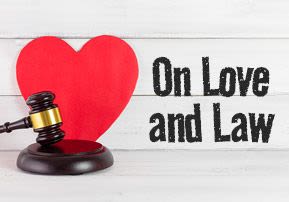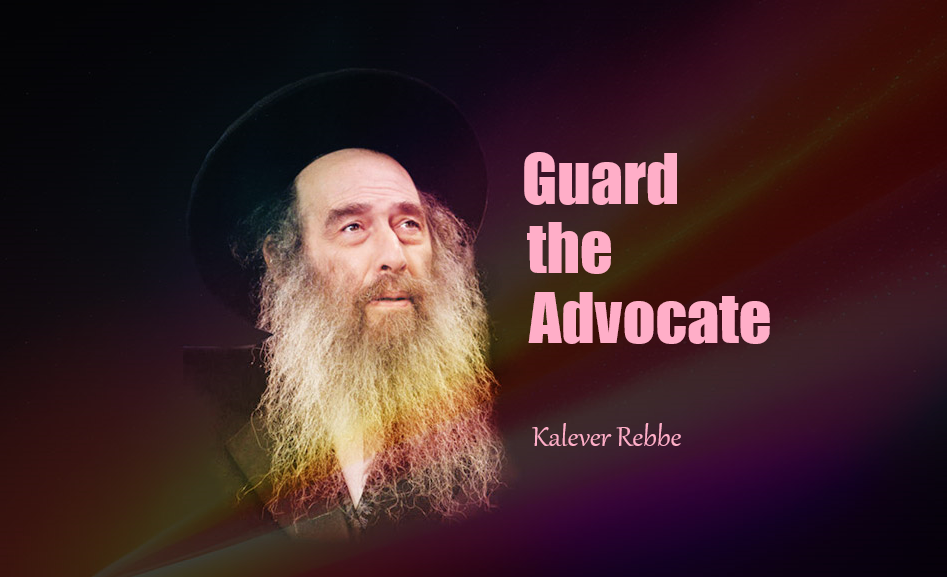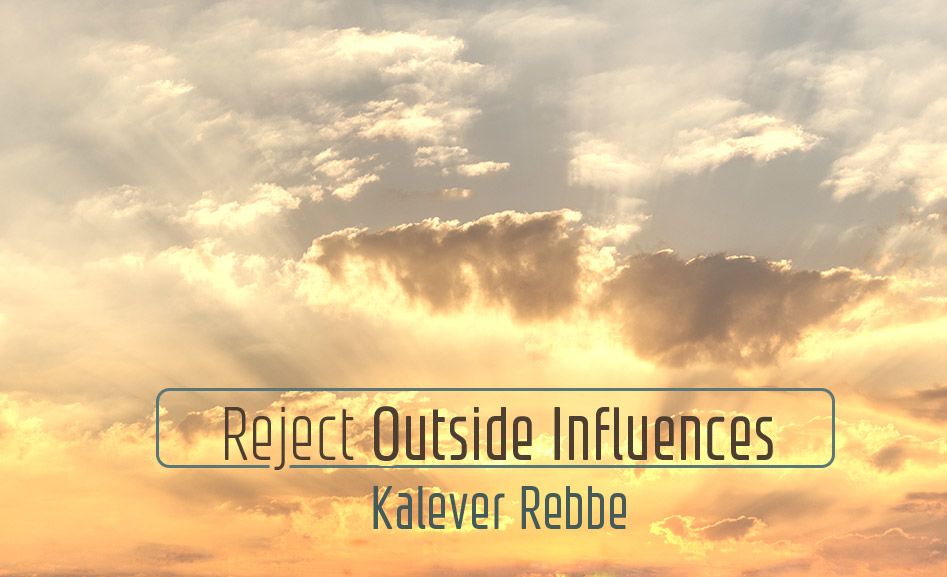
On Love and Law
We are required to love a fellow human being who exhibits atrocious behavior or values. How can we reconcile loving a person and rejecting his deeds?

Recently, I’ve gotten a number of questions about “loving your neighbor as yourself” in light of Rabbi Arush’s teachings and focus on ahavat Yisrael b’mesirut nefesh. Granted the central importance of this teaching, it’s important to clarify what is included in the requirement to love your fellow, and what is NOT, according to Jewish law and Rabbi Arush’s teachings.
Rabbi Arush makes it very clear that loving your fellow does NOT mean accepting the evil they do and whitewashing it.
You hate their evil deeds and sins, but you love the person and believe that they could always turn around and return to Hashem, that they are still inherently good, that they don’t realize the terrible mistake they are making, etc. You continue to treat them with basic respect.
For instance, liberalism pushes an opinion that comes right out of the Generation before the Flood in the Torah regarding sexual orientation. “Father and mother” are now “parents” or “legal guardians” and everything has suddenly become permissible. However, G-d makes it very clear in His Torah that anything other than a heterosexual relationship is “an abomination” and the consequences for such behavior, and especially for public legalization and open acceptance of such behavior, are very severe.
The hows and whys are not in the scope of this article, but suffice to say that the very fabric of society begins to rip open. No society has withstood the complete disintegration that happens as such behavior is publicly condoned over time. It’s no coincidence that in the same “gay capital” of Northern California you also have stores closing due to rampant theft, just like the Generation of the Flood. Sodom and the surrounding areas were destroyed not only for their licentiousness but also, according to the Midrash, because they were all thieves! History repeats itself… and this is but one very small example.
So, let’s take the example of someone who is gay. If someone says that you should publicly shame them, refuse to look at them in the eyes, or something similar or worse – such behavior is absolutely not condoned by the Torah under any circumstances. You cannot hate them in your heart, you cannot harm them financially, you cannot speak evil about them (except where Jewish law gives an exception, such as warning others not to follow their evil ways). There is no blanket permission to do anything bad whatsoever to someone, even if they are sinning, except in very specific circumstances outlined by Jewish law, which are generally related to various forms of self-defense – and even then, with very specific rules as to exactly what can and cannot be done, and how.
However, loving someone does NOT in any way, shape, or form mean that you must love their behavior, nor condone it. Nor do you have to become everyone’s friend! Pray for them, know that deep inside there is good – but that doesn’t mean you have to get close to them.
In short, “loving your fellow” is tied to specific laws in the Torah – the entire set of laws revolving around relations between man and fellow man. Loving your fellow has to do with basic human respect, being happy with someone else’s success, wanting to help others, etc. It also certainly includes the prohibition of baseless hatred, evil speech, etc.
It has NOTHING to do with non-Jewish conceptions of “free love” or “universal acceptance” or any other modern conceptions. It also has nothing to do with condoning behavior which is expressly forbidden by the Torah, whatever that behavior might be – be it being gay, be it alcohol and drugs, be it theft, or anything else.
A great example of drawing the line between love and law was set by King David. If a poor man was sued by a rich man and the law was clearly on the rich man’s side, he did not pervert justice. He did not make excuses for the poor man. He ruled against him! The law is the law and it does not change! Then, as everyone walked out of the courtroom, he would give the poor man the money to pay the rich man, as charity out of his own pocket… that’s called loving your fellow man! The truth is the truth, but we must still love and help each other and feel for each other’s pain.
Love the person, hate the sin! And sometimes, the best thing you can do for someone is specifically to refuse to accept their sinful or misguided behavior, for their own good…
***
Rachel Avrahami grew up in Los Angeles, CA, USA in a far-off valley where she was one of only a handful of Jews in a public high school of thousands. She found Hashem in the urban jungle of university. Rachel was privileged to read one of the first copies of The Garden of Emuna in English, and the rest, as they say, is history. She made Aliyah and immediately began working at Breslev Israel.
Rachel is now the Editor of Breslev Israel’s English website. She welcomes questions, comments, articles, and personal stories to her email: rachel.avrahami@breslev.co.il.







Tell us what you think!
Thank you for your comment!
It will be published after approval by the Editor.